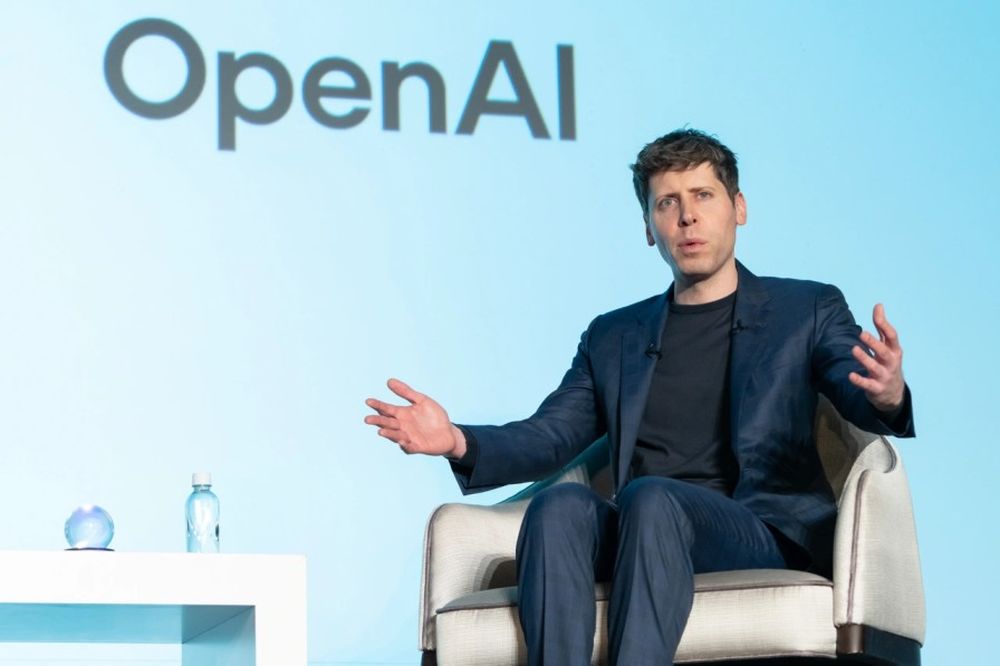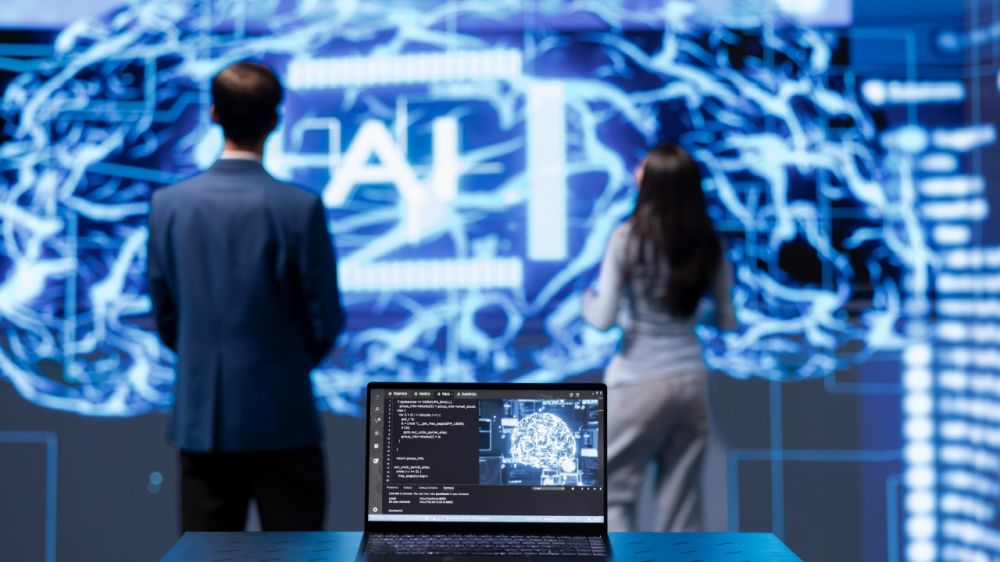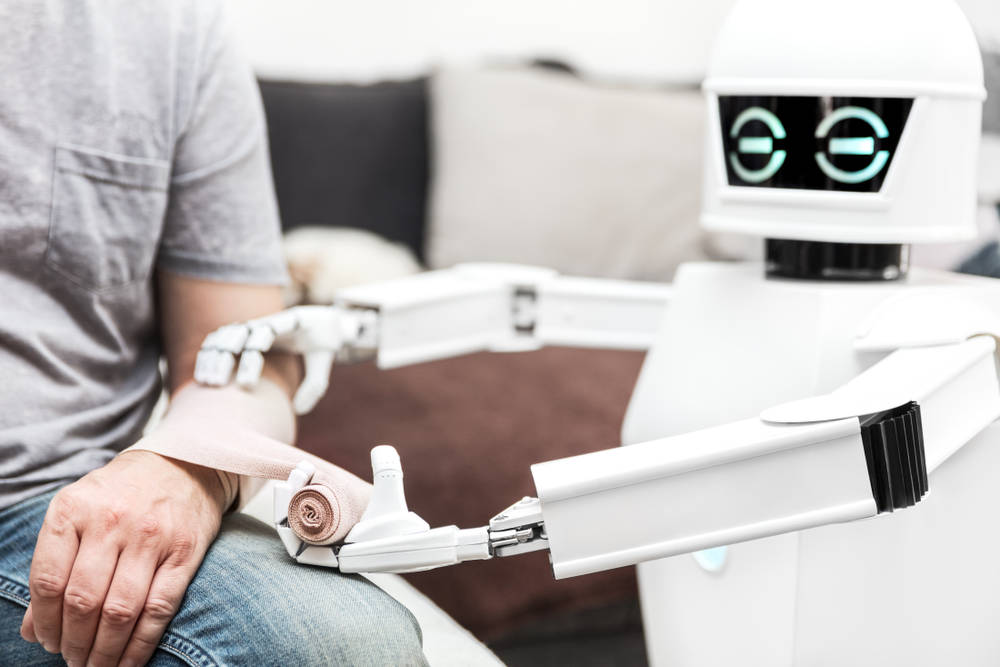OpenAI is preparing to expand beyond general AI applications into the health sector. Reports suggest the company is considering consumer health products, including a personal AI assistant designed to support individuals in understanding and managing their health information. With millions of users already turning to ChatGPT for medical questions, the company sees an opportunity to formalize and refine this role into a dedicated service.

To guide this push, OpenAI has brought in senior healthcare talent. The new leadership reflects the company’s intention to move beyond experimental features and into more structured solutions. The focus is on tools that can handle medical discussions with clarity while staying within standards of accuracy and safety. The ambition is to allow users to interact naturally with complex medical data rather than being limited by technical barriers.

However, entering the health industry comes with obstacles. Medical record systems are fragmented, privacy regulations are strict, and major technology companies have previously struggled to gain user trust in this space. For OpenAI, success will rely on careful handling of personal information and collaboration with health professionals. Building trust will be just as important as building technology.

If successful, OpenAI’s work could reshape how people access and understand health information. The idea of a reliable, conversational health assistant is appealing, but real progress depends on solving the challenges of data privacy, accuracy, and regulatory compliance. The move signals the start of a broader shift toward AI-assisted personal health management, though significant work remains before it becomes a daily reality.

#OpenAI #Healthcare #AIHealthAssistant #MedicalAI #DigitalHealth #TechInnovation
